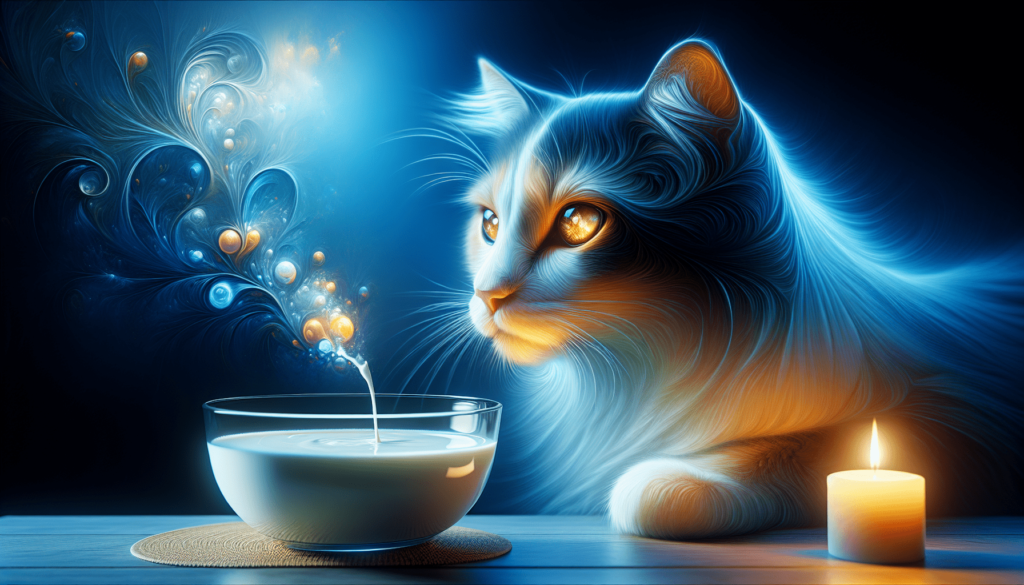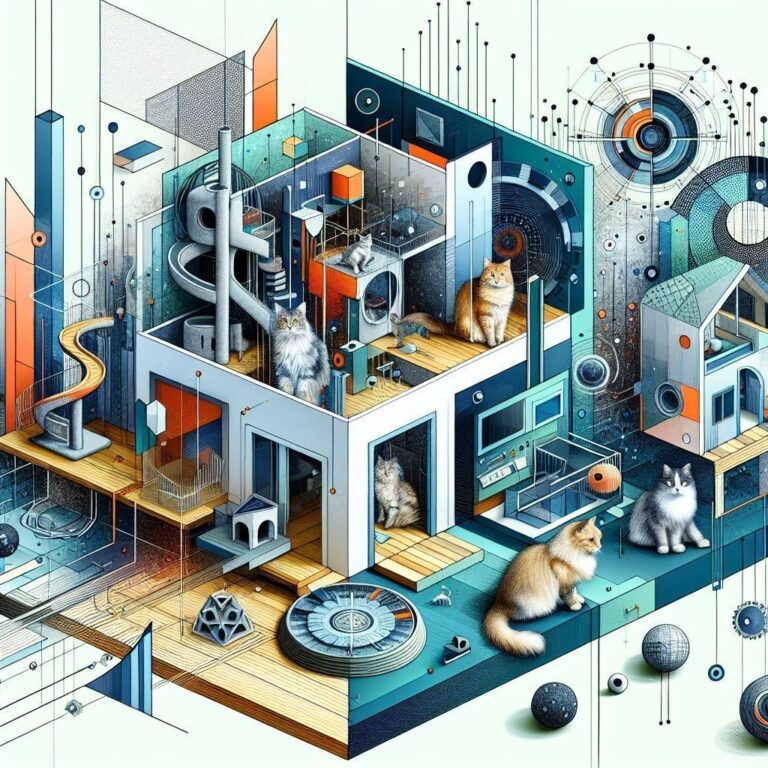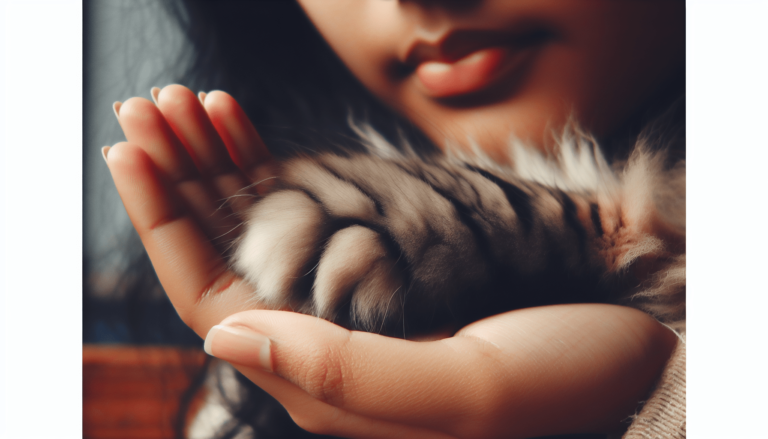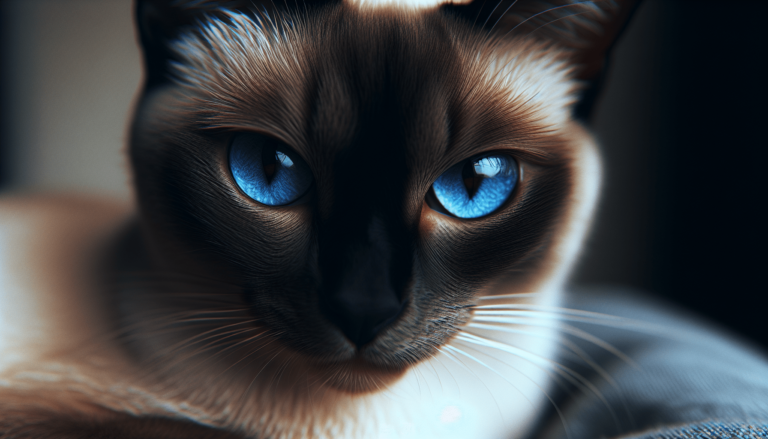Are Cats Lactose Intolerant
Welcome to the fascinating world of feline health! Have you ever wondered if cats are lactose intolerant? Many people assume that cats can enjoy a saucer of milk without any consequences, but the truth is that most adult cats are actually lactose intolerant. While kittens are born with the ability to digest milk, many adult cats lose this ability as they age. This article will explore the reasons behind cats‘ lactose intolerance and provide tips on how to keep your beloved feline friend happy and healthy.
Are Cats Lactose Intolerant
Hey there! If you’re a cat owner, you’ve probably heard about the possible dangers of giving your cat milk. But have you ever wondered why this is the case? In this article, we’ll explore the question: Are cats lactose intolerant? Let’s dive in and find out more about your feline friend’s digestive system!
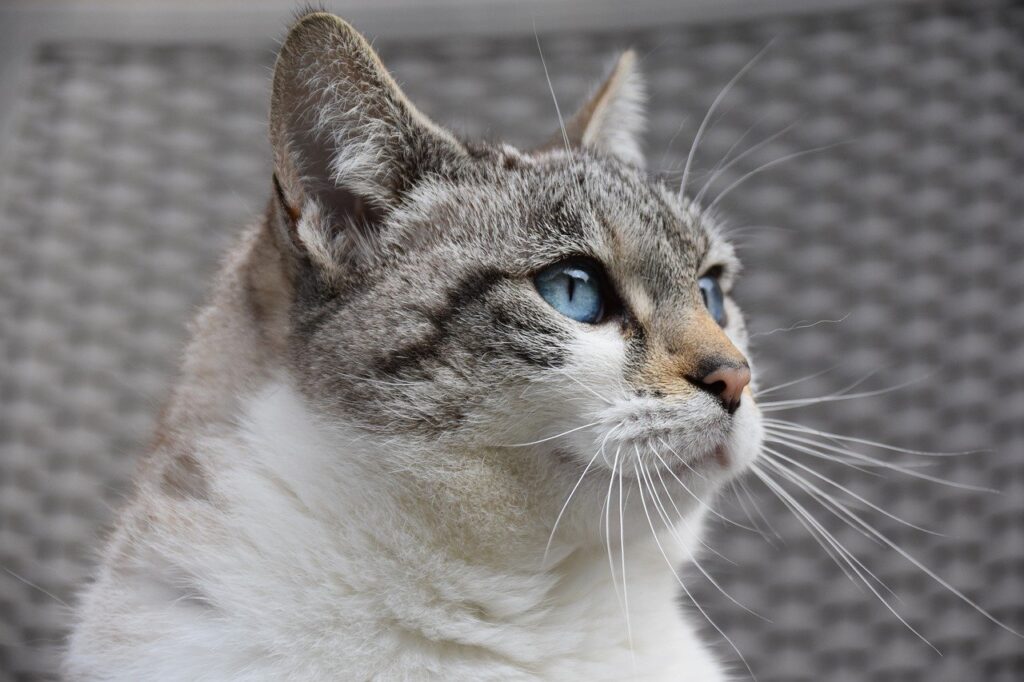
What is Lactose Intolerance?
Before we get into whether cats are lactose intolerant, let’s first understand what lactose intolerance actually means. Simply put, lactose intolerance occurs when a person or animal has difficulty digesting lactose, a sugar found in milk and dairy products. When the body is unable to break down lactose properly, it can lead to a range of uncomfortable symptoms such as bloating, gas, and diarrhea.
Explaining Lactose Digestion
When we consume milk or dairy products, our bodies produce an enzyme called lactase, which helps break down lactose into simpler sugars that can be easily absorbed by the body. However, individuals who are lactose intolerant either have low levels of lactase or lack the enzyme entirely, leading to difficulties in digesting lactose.
Are Cats Natural Milk Drinkers?
Now, let’s shift our focus to our feline friends. In popular culture, cats are often portrayed as loving milk and dairy products. But are they really equipped to handle lactose, or are they better off without it in their diet?
Cats and Milk: A Cultural Connection
It’s no secret that cats and milk have been linked together in various stories, movies, and cartoons. This cultural connection may have led to the misconception that cats thrive on a diet rich in milk. However, it’s important to remember that cats and humans have different digestive systems and nutritional needs.
The Kitten Connection
One reason why cats are often associated with drinking milk is their behavior as kittens. Mother cats produce milk to nourish their young, so kittens naturally lap up their mother’s milk in the early stages of life. This association between cats and milk in their formative years may have carried over into adulthood.

The Truth About Cats and Lactose Intolerance
So, are cats lactose intolerant? The short answer is yes, most adult cats are lactose intolerant. While kittens produce the enzyme lactase to break down lactose in their mother’s milk, many cats lose the ability to digest lactose effectively as they reach adulthood. This means that feeding your adult cat milk or dairy products can lead to digestive issues and discomfort.
Understanding Feline Digestion
In the wild, cats are obligate carnivores, meaning their bodies are designed to thrive on a diet of meat. Cats have a short digestive tract that is optimized for processing animal proteins and fats, not plant-based foods like lactose-rich dairy products. As such, cats lack the necessary enzymes to efficiently digest lactose.
Signs of Lactose Intolerance in Cats
If you’ve ever given your cat milk or cheese and noticed symptoms like diarrhea, bloating, or vomiting shortly after, your feline friend may be lactose intolerant. Some cats may be more sensitive to lactose than others, so it’s essential to pay attention to your cat’s reactions to dairy products to gauge their tolerance levels.
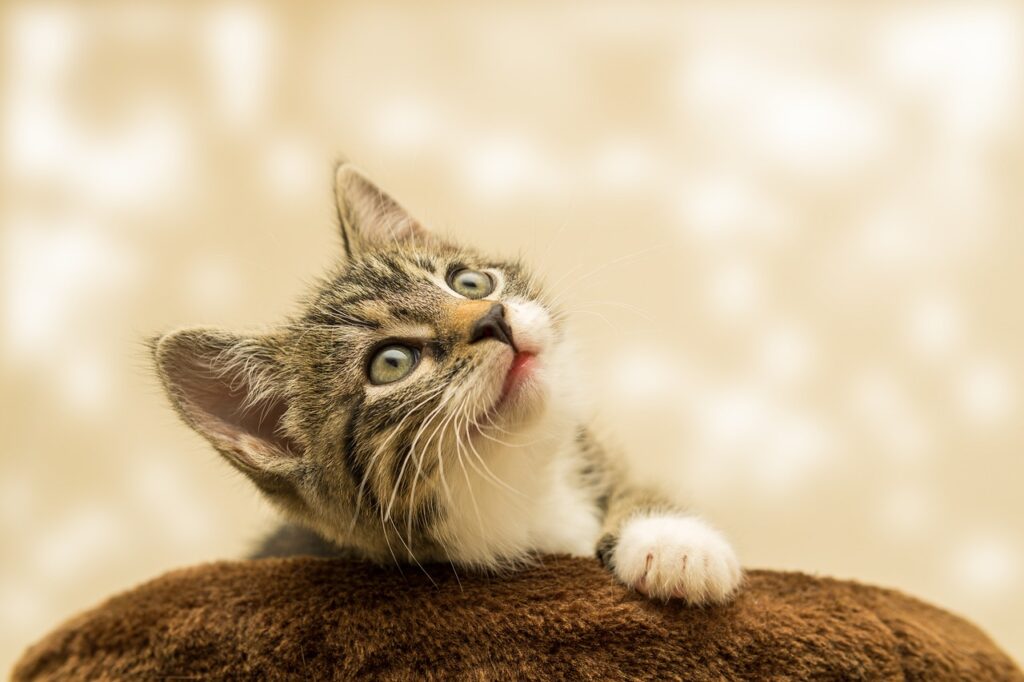
How to Safely Feed Your Cat Dairy Products
While most adult cats are lactose intolerant, this doesn’t mean that they can’t enjoy dairy products at all. There are ways to safely incorporate small amounts of lactose-free dairy into your cat’s diet if they enjoy the taste.
Lactose-Free Alternatives
If you’re looking to treat your cat to some dairy goodness without the risk of lactose intolerance symptoms, consider offering lactose-free milk or cat-safe cheese. These products have had the lactose removed, making them easier for your cat to digest without causing digestive upset.
Moderation is Key
Even when offering lactose-free dairy products, it’s crucial to do so in moderation. Cats’ digestive systems are sensitive, so overindulging in dairy can still lead to digestive issues. Treat dairy products as an occasional snack rather than a regular part of your cat’s diet to prevent any potential problems.

Conclusion
In conclusion, while cats may have a cultural connection to milk, most adult cats are lactose intolerant and should avoid dairy products to prevent digestive issues. By understanding your cat’s unique nutritional needs and digestion, you can ensure that they stay happy and healthy without the need for milk. Remember to pay attention to your cat’s reactions to different foods and consult with your veterinarian if you have any concerns about their diet. Your furry friend will thank you for it!
